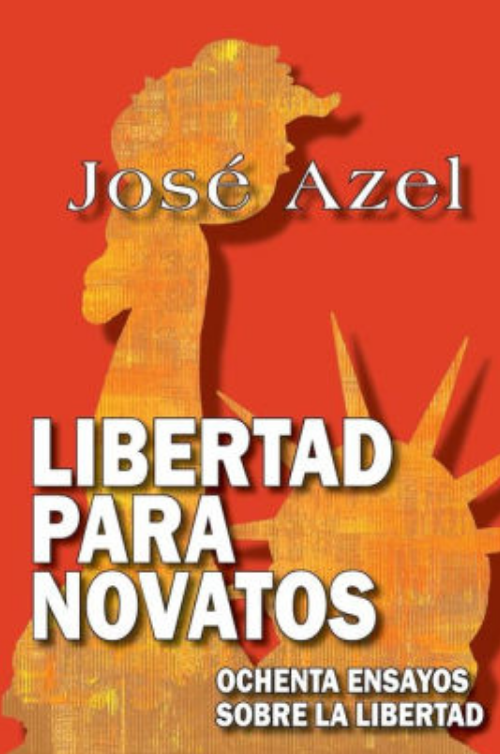| Entropy, the Second Law of Thermodynamics, is not a promising topic for a newspaper column. However, its effect on politico-economic systems is common sense. In essence, entropy is a measure of the disorders that exist in a system, and here I am applying the Law of Entropy to the disorders that occur in politico-economic systems. |
|
Entropy can be stated in many different ways. The Second Law of Thermodynamics states that, for an isolated system in which neither energy or matter can enter nor leave, entropy never decreases. For our purposes, we can simply say that in closed politico-economic systems, things fall apart. The two politico-economic systems I want to consider are capitalism and communism.
Generally speaking, communism is a politically and economically closed system; whereas capitalism with its emphasis on free markets is an open system. In the Soviet era, leaders sought not only to isolate communist countries politically, but also economically in pursuit of autarky within the Soviet Bloc. The goal was for Soviet Bloc countries to become self sufficient, and not reliant on imported goods from the capitalist world.
A similar autarkic policy was pursued in the developing world under the rubric of Import Substitution Industrialization (ISI). Based on the works of structural economists, such as Raul Prebisch, ISI gained prominence in Latin America and the Caribbean beginning in the 1950s. Prebisch became influential as executive director of the Economic Commission for Latin America, and later as secretary-general of the United Nations Conference on Trade and Development.
Fundamental to Import Substitution Industrialization, was a belief in state-directed central planning and socialist politico-economic theory. The emphasis of Import Substitution Industrialization was on discouraging foreign investments, and on the development of internal markets for goods and services. As such, ISI sought to create a closed economic system. That is, a system subject to entropic disorders.
In the 20th century, seventy million people died in major famines. Of these, 80 percent were victims of Communist regimes forced collectivization and central planning. Today the most dramatic example of a country that has practiced isolationist and autarkic economic policies is communist North Korea. Different brands of isolationist politico-economic systems can also be found in some Latin American countries, particularly in communist Cuba beginning in 1959, and more recently in the Venezuela of Chavez-Maduro. All are examples of how in closed politico-economic systems, things fall apart. At best, closed systems manage an equilibrium of mediocre dysfunction from which they cannot escape.
There are, of course, many operational reasons as to why these closed systems fail; disregard for the rule of law, contempt for property rights, excessive government controls, and more. And, by the way, when capitalist systems show contempt for the rule of law, disregard for property rights, or disenfranchise sectors of the population, they too activate the Second Law of Thermodynamics. Things do fall apart.
The Law of Entropy governs the politico-economic systems of isolated nations. Inevitably, things fall apart. The best antidote is the replenished energy provided by an open flow of sociopolitical and economic information. The prescription to slow down entropic processes is for nations to adopt, and sustain, open politico-economic systems.
Closed systems, are destined to fail period. But open systems also have to be vigilant to resist entropy. Democratic free-market systems can succumb into various forms of elite rule that hinder the politico-economic participation of the citizenry. Democratic systems can then become would-be closed systems.
Closed politico-economic systems often originate with some form of collectivism that favors a class, a religion, a race, an ethnic group, or a nation. These closed systems seek to improve the collective well-being of, say the proletariat class, as Marxism claims, with little regard for the natural rights of the individuals that make up that class. This is also the case for nationalism based on ethnicity, race, or religion, where the systems are closed to all but the righteous ones.
Scientists recognize the Second Law of Thermodynamics as essential to their understanding of scientific affairs. Similarly, we need to understand the entropy inherent in closed politico-economic systems. Such systems fall apart, and cannot contribute to happiness in human affairs.
Please let us know if you  this article. this article. |
|
We welcome your feedback.
Abrazos,
Lily & José
(click on the name to email Lily or Jose) |
|
|
|
|










No comments:
Post a Comment